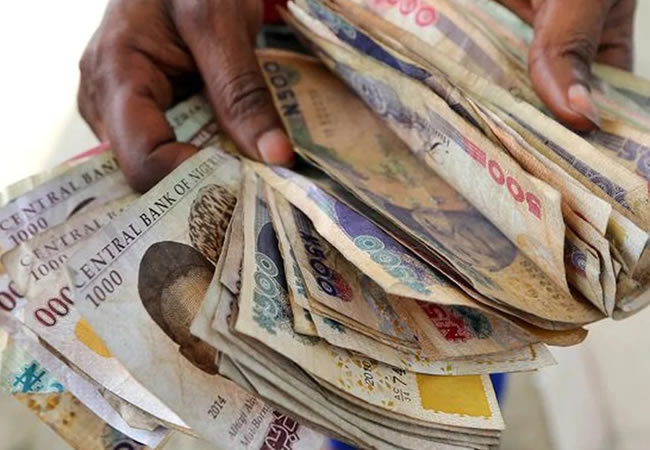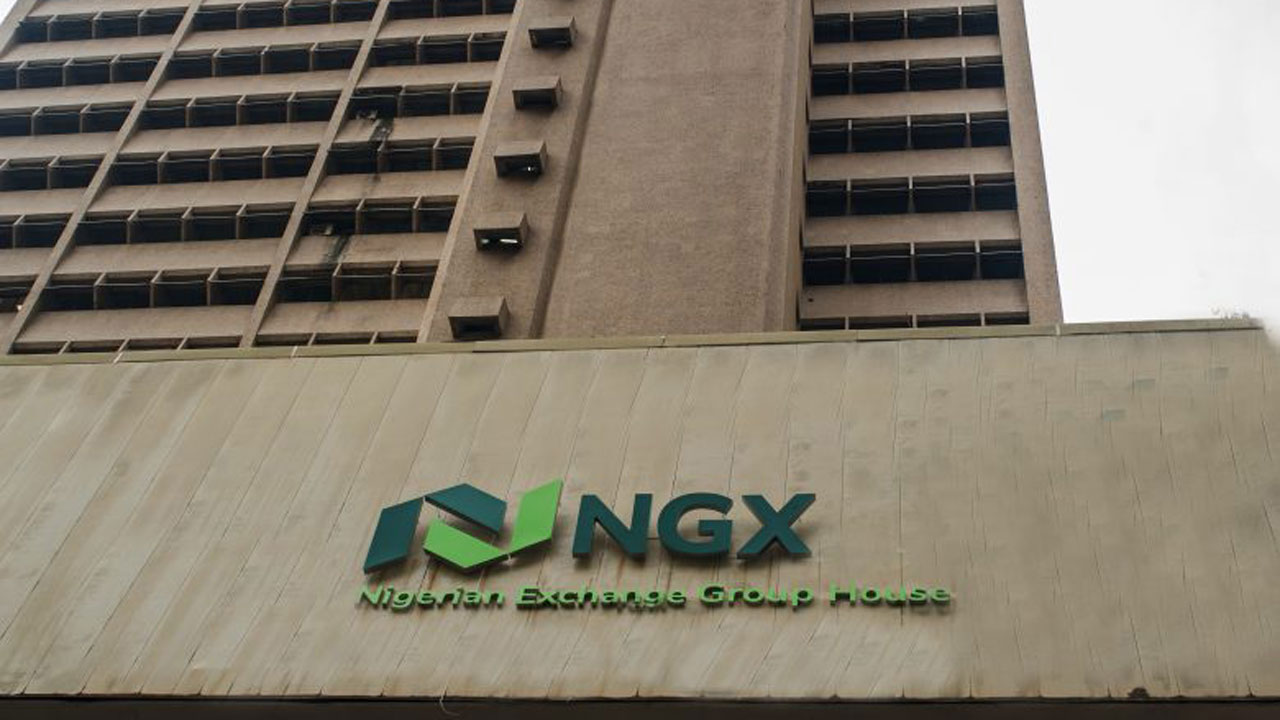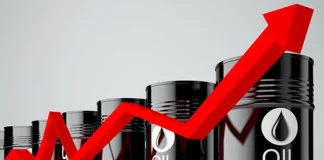Market players exchanged the US dollar for N764.86 in the foreign exchange (FX) market as pressures on the local currency grew amid a cash scarcity. Rates fell across the board as a result of insufficient market intervention to keep the naira stable.
This has been the same trend in the currency market for years, while current devaluation has left decent income earners in the economy in limbo, pushing the misery index line ahead as the poverty rate has increased as the naira loses its attraction.
The top bank felt a restriction on 43 products would keep the naira strong eight years ago. The Central Bank of Nigeria (CBN) warns that continual access to currencies by products is detrimental to the market.
Due to increasing demand for foreign currency by importers and manufacturers, the move exacerbated demand pressures in the parallel market, with willing buyers and sellers’ models. The central bank had held the naira below N500, giving the appearance that the local currency had weak net foreign reserves.
Detail from spot FX rate movement revealed that the parallel market deteriorated despite the apex bank’s decision to eliminate a prohibition on 43 goods from accessing the forex market at the official rate.
According to FMDQ platform statistics, the Nigerian naira declined by 3.10% week on week versus the US dollar, ending at N764.86. The local currency suffers from a lack of FX supply, which is required to alleviate demand pressures.
According to channel checks, the exchange rate at the parallel market nosedived by 5.00% week-on-week to a new low of 1,050. At the FMDQ Securities Exchange (SE) FX Contract Market, the total value of open contracts was unchanged at $4.9 billion, Afrinvest told investors in its weekend update.
Analysts said surprisingly, the CBN removed the quoted price on instruments, probably signalling no further entry. In an effort to achieve rates convergence, the CBN said it would accelerate efforts to clear the FX backlog and reinstated its decision to boost liquidity in the Nigerian FX market by interventions from time to time.
“While we believe this is a positive move, we are uncertain of the demand volume this would drive to the Investors and Exporters FX window and if the CBN has the capacity to meet that demand in the short term”, Afrinvest said.
The investment firm analysts said the possibility of FX intervention is questionable given that the country’s external reserve is already stretched.“While it is unclear how the CBN intends to achieve these objectives, we expect the recent Naira depreciation to slow down a tad bit”.
The CBN announced that it is taking measures to maintain price stability and enhance the functioning of the Nigerian Foreign Exchange Market. To achieve this, the CBN plans to inject liquidity into the market with a gradual reduction in interventions as market conditions improve.
Notably, importers of the 43 items previously restricted in 2015 are now allowed to purchase foreign exchange as the bank finds ways to address the forex backlog and work towards establishing a unified FX market through consultations with various stakeholders.
At the FMDQ Securities Exchange FX Futures Contract Market, the US dollar gained across the mid to long end of the curve against the local currency, investment banking firms said in their separate market update.
It was noted that forward rates appreciated in favour of the dollar by 0.39%, 0.30%, 0.37% and 0.07% accordingly while at the 1-month, 2-month, 3-month and 6-month forward contracts to close at N789.34, N799.26, N807.82 and N837.95 in that order.
However, the dollar declined by 0.42% week on week to close at N899.7 at the 12-month forward contract. Oil prices surged by nearly 4% on Friday following the United States’ adoption of a more stringent approach to Western sanctions against Russia.
This development added to the mounting concerns about oil supply disruptions, particularly in light of escalating tensions in the Hamas-Israel conflict. The combination of these factors contributed to the substantial increase in oil prices. Additionally, the price of Nigerian Bonny Light crude oil closed positively at $95.59 per barrel from $93.26 per barrel.
Nigeria’s FX reserves recorded accretion this week for the first time since 19 May 2023, as gross reserves increased by USD1.72 million week on week to USD33.22 billion.












